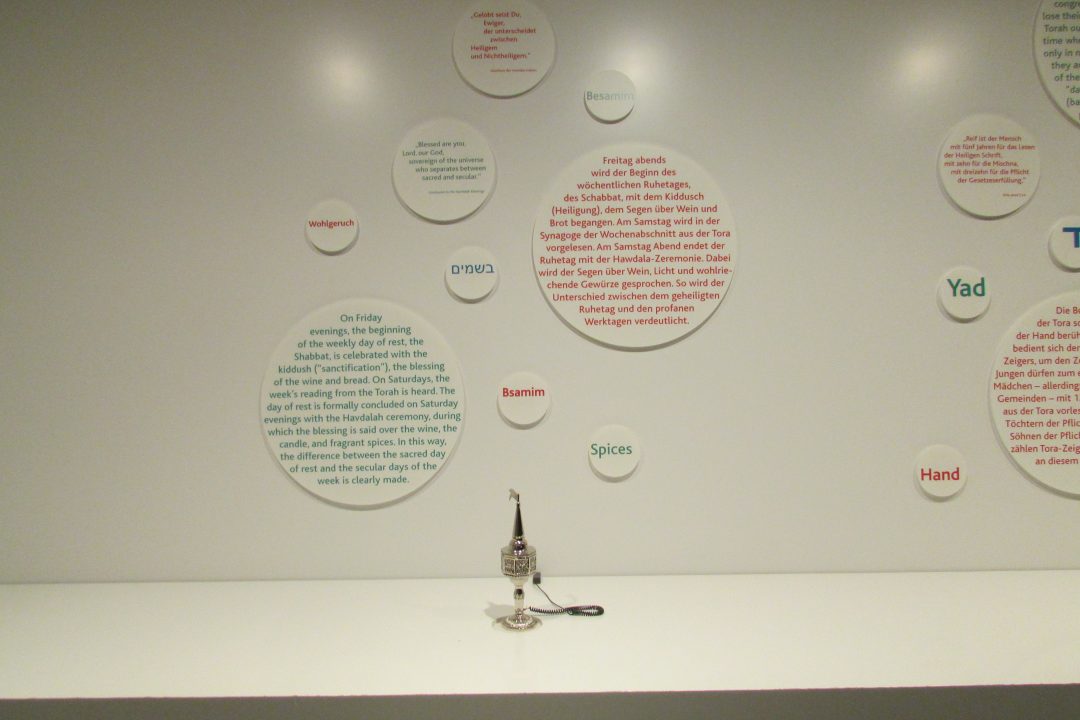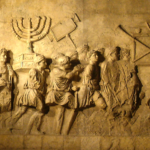Within a minutes, hours, days, weeks, months and years there are cycles. It is the rhythm of life that often goes unnoticed. Each of my children became part of the rhythm within the first few days of life. I used to laugh at the notion of getting babies on a schedule. Just as soon as I declared that the baby was sleeping through the night, he would prove me wrong. I tried not to take it personally when my little bundle of joy screamed with hunger before the so-called scheduled meal. He has a personal rhythm.
The Torah suggests that resting is part of a natural rhythm that we must schedule in our lives. As a sleep lover, I can’t imagine why the words are even needed. I was one of those “easy” babies who would nap long enough for mom to have time to get her chores done.
Why would the Torah command us to rest every seventh day?
Perhaps God realizes that at different times of our lives, we may rebel against rest. And once the habit is formed, the treadmill might be moving our feet and we will not know how to get off.
When we work, we feel that we are getting the most accomplished. After all, the Torah does not allow us to chill all of the time. It simply requests a 6:1 ratio. So, every day we get up and begin chomping on the “do list.”
![]() The joke is that we can’t seem to stop. We whine to be nursed with the comforts of our work week get to one more store, do one more load of laundry, or get one more email out. The Torah’s schedule says it is Shabbat.
The joke is that we can’t seem to stop. We whine to be nursed with the comforts of our work week get to one more store, do one more load of laundry, or get one more email out. The Torah’s schedule says it is Shabbat.
I am certainly not the one to tell any of us what the Shabbat schedule should look like. At our age, we have an appreciation of individuality and personal freedom. Every week, I am grateful for what Heschel calls “an island of time.” During this time, we are given permission to connect with loved ones and to think creatively. And it is a wonderful excuse to sleep!
Taking time off creates the holiness of time. It gets us connected to the spiritual realm and allows our thoughts to create our next reality in space. It connects us with God, even when we are not aware of it.
The parashah ends with God warning for us not to make idols, “for I am the Lord your God.” Then it says to observe Shabbat and revere God’s sanctuary, ” I am God.” (Lev. 26:1-2)
The Torah is an anti-idol document, clearly responding to a time when idol worship was prominent.
Idols are physical items that block our connections with the spiritual realm, with God. When we get totally focused on the physical things, we risk losing the connections that create true richness in our lives.
That is why we need Shabbat. It forces us to get off the treadmill long enough to reconnect with the ground we walk on. The sacred space of rest renews our spirit.






